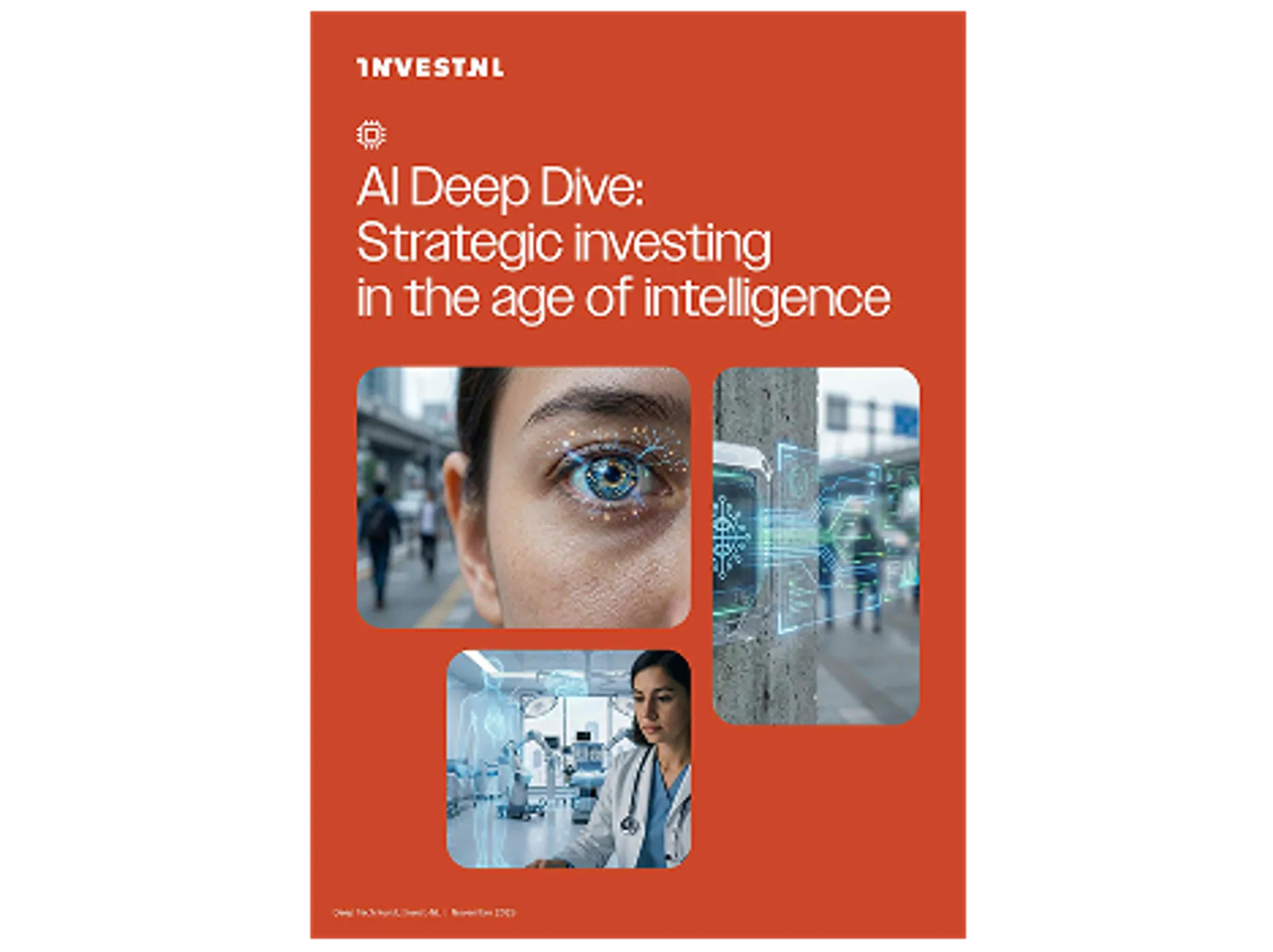The study, written by AI expert Stefan Leijnen, analyzes how global AI development is shifting towards new energy-efficient hardware and new data streams and applications that are deeply rooted in physical processes and industrial data. According to the report, the Netherlands can become internationally distinctive in these domains if it makes strategic choices now.
"The next generation of AI is not about even larger language models, but about models that learn through sensors, robotics, and interaction with the real world. These models will need to be energy-efficient and privacy-friendly," says author Stefan Leijnen. "There lie the opportunities for the Netherlands and Europe.” Dutch AI opportunities in sectors where data and physical processes come together. The deep dive shows that the Netherlands is strongly positioned where physical processes, high-quality data, and high adoption potential converge: agricultural technology,
logistics, high-tech manufacturing, energy, and healthcare. In these sectors, AI applications that are difficult to replicate emerge, running on protected data and integrated into the physical world.
The report identifies opportunities for the Netherlands:
- Sectors with a physical component, unique data, and high adoption potential, such as science, high-tech manufacturing, healthcare, sustainable energy, and agricultural technology.
- New data streams and data markets, where the Netherlands can leverage its leading position in the field of responsible AI.
- Energy-efficient AI hardware such as photonics and neuromorphic computing,
areas where European and certainly Dutch companies and knowledge institutions
are already globally recognized.
Less fragmentation, more scale, targeted investments
The study advocates for an AI industrial policy that removes barriers and invests where market forces alone fall short. This policy should aim to increase access to capital for AI startups and scale-ups, with tickets of €20–30 million and more than €100 million for hardware and foundation models, combined with more intensive European cooperation to reduce fragmentation in investments, data, and infrastructure.
Additionally, the government should use public demand to accelerate adoption, especially in domains like healthcare, energy, research, and security, and build public institutions that bring vital data and digital infrastructure under democratic governance. Finally, the study advocates for research into a future-proof AI Gigafactory for edge AI, energy-efficient hardware, and privacy-aware local computing power as a strategic foundation for autonomous AI capacity in the Netherlands and Europe.
Targeted investments support Dutch AI course
Invest-NL and ROM-Nederland emphasize that strategic investments are crucial at this moment to strengthen this position. "If the Netherlands chooses its own AI course, we can actually win in the domains in which we are strong. Our investment policy will need to focus on larger tickets for AI startups and hardware builders, investing where the market falls short, and connecting parties around a strategic long-term agenda. This deep dive shows exactly where those opportunities lie."
The report illustrates that a Dutch AI strategy is not only economically wise but essential for future security, autonomy, and the protection of European values. The AI deep dive follows previous publications by Invest-NL on quantum, lab-on-a-chip, and semiconductors – each a key technology within the National Technology Strategy. The deep dive series aims to show how and where targeted investments create strategic advantages for the Netherlands.
Learn more


